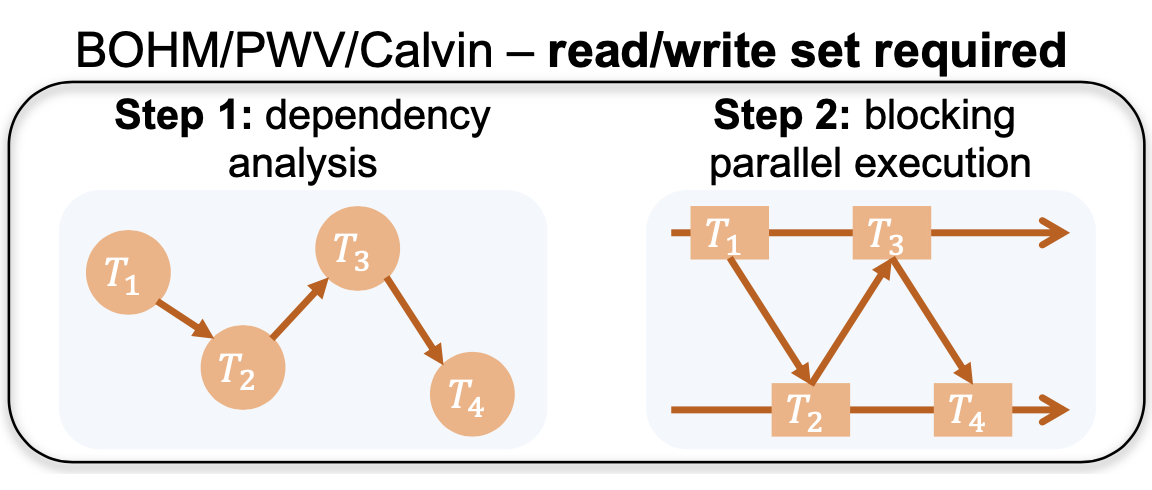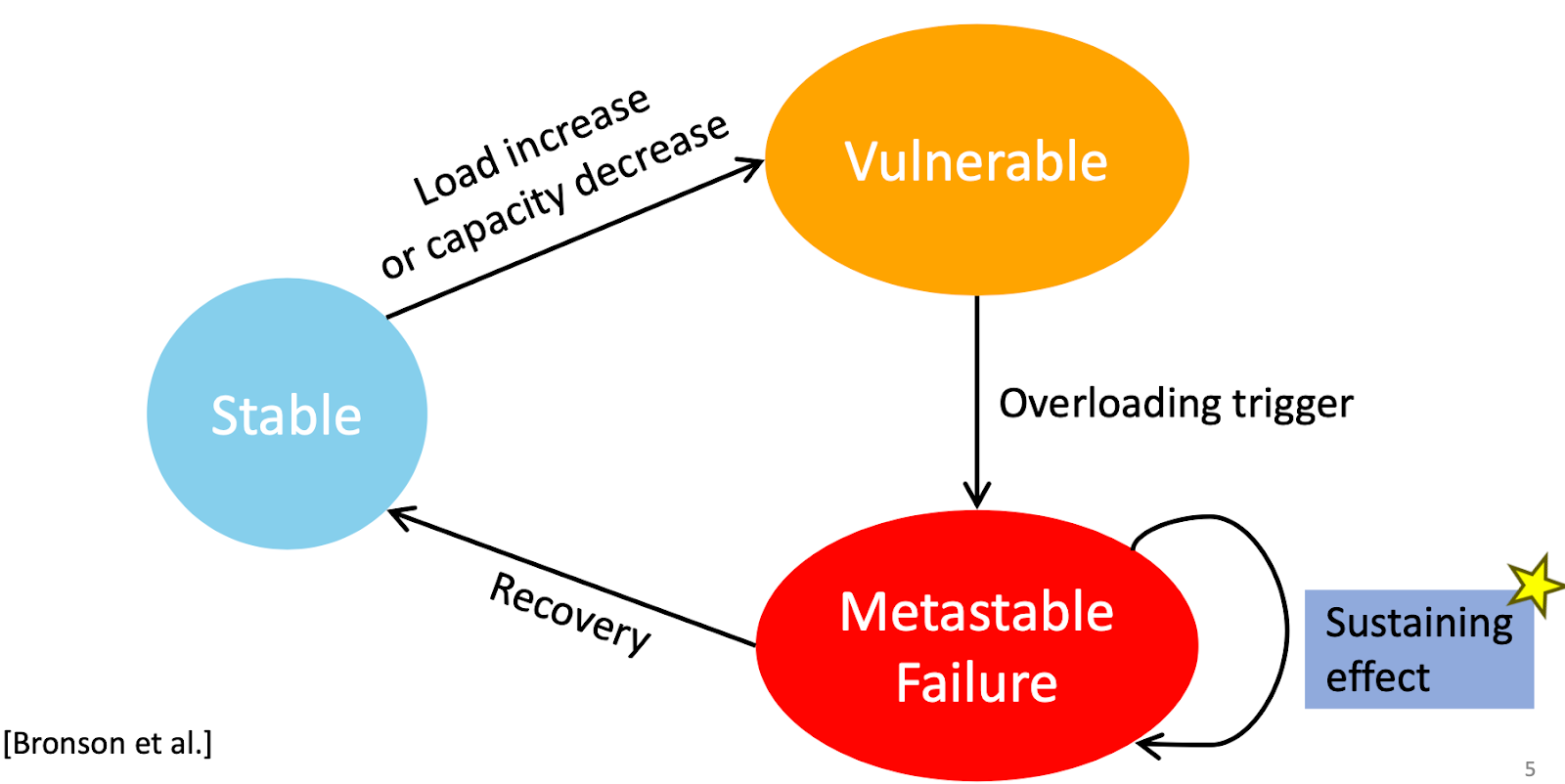Getting schooled by AI, colleges must evolve
As we enter the age of AI, it becomes more important for knowledge workers to excel in their strengths, and aim big for some strikes instead of settling for a comfortable average all around. How can colleges reform to endow graduates better? Here are my opinions, for what they are worth. Human skills for the AI era In the age of AI, doing rather than knowing becomes more important. Shallow information is worthless, but mastery of principles, critical thinking, and synthesis is priceless. Colleges should teach collaboration, entrepreneurship/innovation, communication/writing, and critical thinking and problem solving skills. How can colleges reform to cultivate these skills? First, they should transition from zero-sum mentality to the win-win mentality. This is not easy, because the system has been built on making students compete against each other and stack-ranking them. I don't know what kind of structural changes and scaffolding can help for this. I have some practical advice





